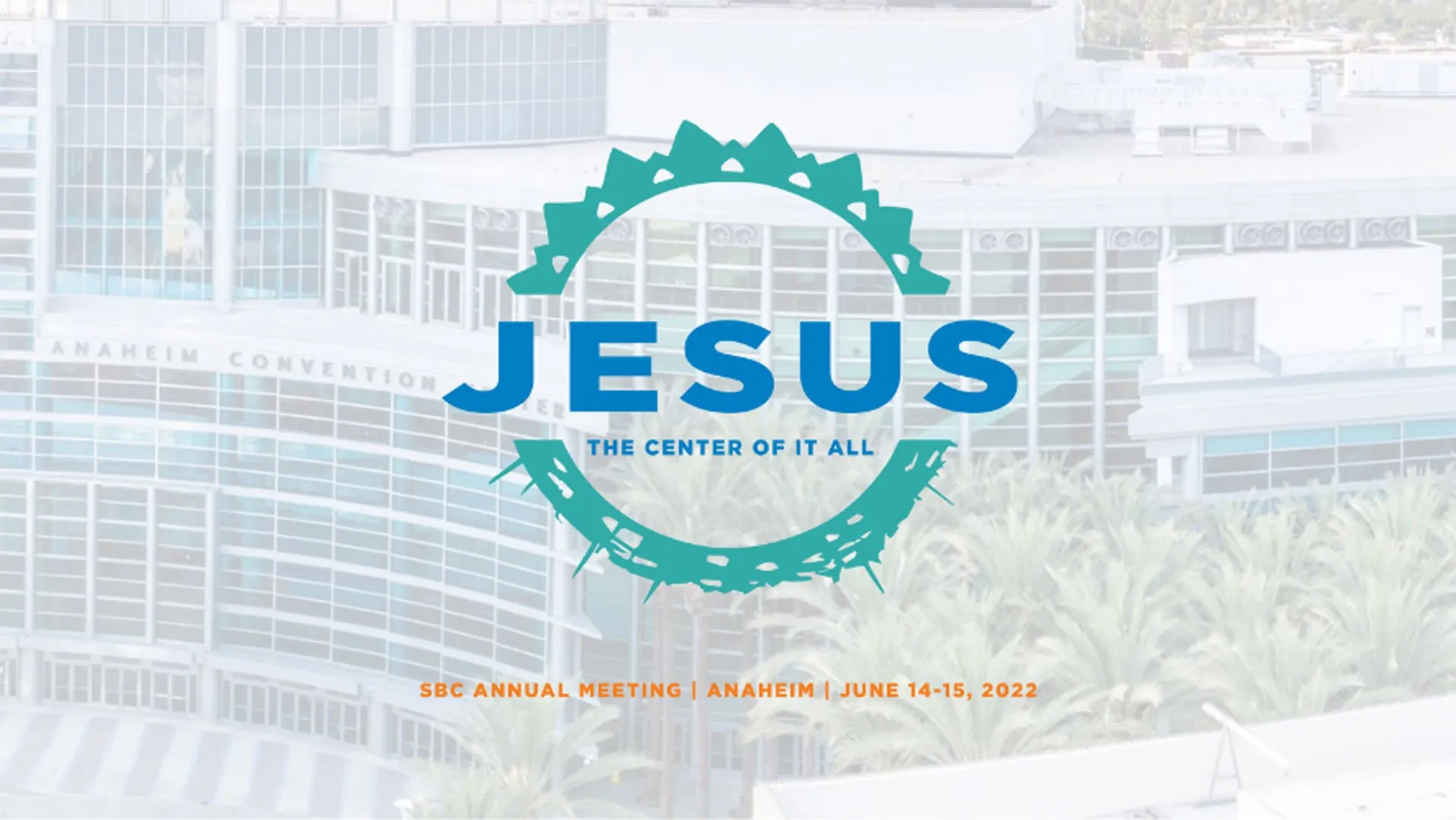
Ed Litton: Microphone 6A, someone to speak against the recommendation.
Mark Coppenger: This is Mark Coppenger from Redemption City Church in Franklin, Tennessee.
None of us is approving of sexual abuse. When we passed the bylaws back in the 90s, we were opposed to churches affirming homosexuality, and it was out there clearly on the record. Nobody, no church is affirming laxity or indifference as a church body.
I have the sense that this whole enterprise, which was stimulated by the Houston Chronicle, is a little bit like the 1619 Project [which contends] that our nation is stained, it’s massively troubled in so many ways, and the like.
If you look at the numbers — and of course, we do look at numbers; we talk about the number of Crossover conversions, and we talk about. the number of missionaries — when you look at the numbers, over that 20-year period that they talked about, there were 28 million different Southern Baptists. If you have the number convicted, or multiply by 5 or 10, you still have a very small percentage of [members of churches in] the Southern Baptist Convention who have been convicted or pressed [accused] in one way or the other.
Now you can say, Oh, well, this is just the tip of the iceberg, and your mind can soar, and the like; but it strikes me that the burden of proof is on those who say that we have a dreadful problem that needs to be met.
And by the way, the false dichotomy is there: If you love Jesus and you’re really serious about this then you’ll vote for this, and if not, then you just show you don’t care and you’re not willing to repent, and so forth. That’s kind of cheesy, I think. I mean, it strikes me that this is more important than to treat it that way.
We do have a mechanism. When it happens, in the church, then you act, and you turn to the civil authorities. To go up, up, up, to the SBC level is an assault, I think, on our polity. If a church down the road from us in Tennessee is callous or indifferent toward an incident [of sexual abuse], then I’m not quite sure why we should be contributing Cooperative Program funds to somehow deal with their problem.
It just seems to me, and, by the way the report, I thought, was very badly framed. I think it’s a shame that we’ve gone out to secular people to solve our problems — so, yes, it’s a terrible thing. I said in writing I think some of these people should be shot. You know, it’s very serious.
But we’ve got churches, and we’ve got the police, and to do a superstructure with big funding, I think is a terrible mistake. I’m against the motion.
Bruce Frank Responds to Mark Coppenger
Ed Litton: Mr. chairman, would you like to speak to that?
Bruce Frank: Yeah, I’d love, I’d actually love to speak to that. Mark — I appreciate, I do appreciate your thoughts. And I appreciate your sharing that. And I guess, there was a number of things there.

The most conservative statistics, to simply say that, simply say the people who are convicted are the only ones that are abusing people is unrealistic. Whatever study you look at, the most conservative, or the most liberal, or whatever study you look at, it usually is about three percent of abusers are actually convicted. So when you act… if that is your only safeguard, if your only safeguard is we’re only going to just do a Google search, or we’re only going to the civil authorities, we are opening the door for people to hurt our people. That’s not, that’s not some number we dreamed up, so if you take, let’s just say you take the 400 that, take the 400 that were on the internal list. If you just take a small percentage — take five percent, take ten percent. My math is not super great. When was a finance major at Texas Tech, so I make a lot of mistakes when it comes to math. But if you multi… if you say that’s only three percent — if that’s only three percent. That’s only three percent of — 400’s only catching that — then it is the tip of the iceberg. It doesn’t matter what you do.
And I would say, secondly, and I thought about this, because it’s normal to say, Why should I pay for someone else’s sin? Two thoughts about that:
Number one, first year, which is predominance, you would assume, setting up the database, those things have some upfront costs. But with those upfront costs there are no Cooperative Program dollars being used. Alright? It’s SEND Relief money, so there aren’t Cooperative Program dollars being used.
Secondly, there’s not a person in here that is Southern Baptist that has not benefitted from being a Southern Baptist. I went to a Southern Baptist seminary at a greatly discounted rate. I was able to be trained by associations that were Southern Baptist. I was able to then be a part of the largest missionary force in the world because I was Southern Baptist, even when the church I was doing had a hundred people — we couldn’t afford a missionary. And so, for us to then take all the benefits of the Southern Baptist Convention, and then when something is wrong step back and say, I don’t want to actually help redo the structure of the Southern Baptist Convention — does not fly.
—applause from messengers—
This page is part of a larger Word Foundations article.
